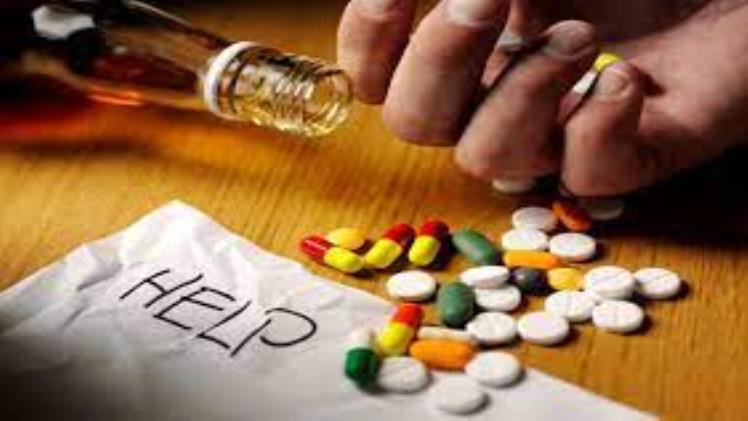Drugs and Alcohol Addiction

Drugs and alcohol can make you feel good, but they also have serious potential side effects such as physical illness, psychological distress and mental health disorders. If you suspect you may be abusing drugs, get help right away by reaching out to your healthcare provider or a licensed alcohol and drug counselor.
Addiction to drugs and alcohol occurs when you can’t stop using them even when they’re causing or contributing to problems in your life. Treatment may include counseling and medications designed to help you quit using them.
Certain drugs have a higher potential for addiction than others, such as stimulants, cocaine and opioid painkillers. You can also develop addiction if you start using drugs at an early age or smoke/inject them with family members who have a history of substance abuse issues. A family history of substance abuse puts individuals at an even greater risk for developing an addiction to illicit substances.
You have an increased risk for substance abuse if you have other mental health issues or family problems, like depression or bipolar disorder. Furthermore, being overweight puts you at greater risk of getting into trouble with alcohol consumption as does having other medical conditions like heart disease, diabetes or high blood pressure.
People who abuse multiple substances on a regular basis run an increased risk of developing polysubstance abuse, which can have severe repercussions for themselves and those around them. They are especially vulnerable to physical and psychological harm such as overdose or death from alcohol poisoning.
Polydrug abuse refers to the mixing of different drugs and substances to achieve a stronger or faster effect than the individual medications would provide. This could include alcohol, marijuana, prescription or illicit drugs, over-the-counter (OTC) medicines, herbals and dietary supplements.
Drug interactions between medications and alcohol can be especially hazardous. Common medications used for various medical conditions, such as antidepressants, antibiotics, antihistamines and barbiturates, may lead to dangerous alcohol-drug interactions.
Certain medications that are taken for an extended period or in high doses may amplify the effects of alcohol. Examples include sedatives and certain nonsteroidal anti-inflammatory drugs (NSAIDs). Furthermore, they may have negative interactions with other drugs like cardiovascular medicines and blood thinners.
If you’re taking medication for any reason, including depression or anxiety, be sure to ask your doctor about potential drug-alcohol interactions. These drugs can cause drowsiness and make driving hazardous if you have been drinking.
Additionally, you should check your medicine labels to identify which medications contain alcohol. You can do this by looking at the ingredients list or asking your pharmacist.
Many allergy, cough and cold medications contain alcohol which may cause drowsiness and make you feel sleepy or dizzy; thus it’s best not to combine these drugs with alcohol.
Prescription pain relievers such as ibuprofen (Advil, Motrin) and naproxen (Aleve) may interact with alcohol and cause stomach bleeding or ulcers.
Other drugs which could potentially create harmful alcohol-drug interactions include benzodiazepines, anti-anxiety medicines, and barbiturates. When combined with alcohol, these can have adverse effects on the central nervous system (CNS), such as agitation, confusion and euphoria; in extreme cases they could even result in coma or death.